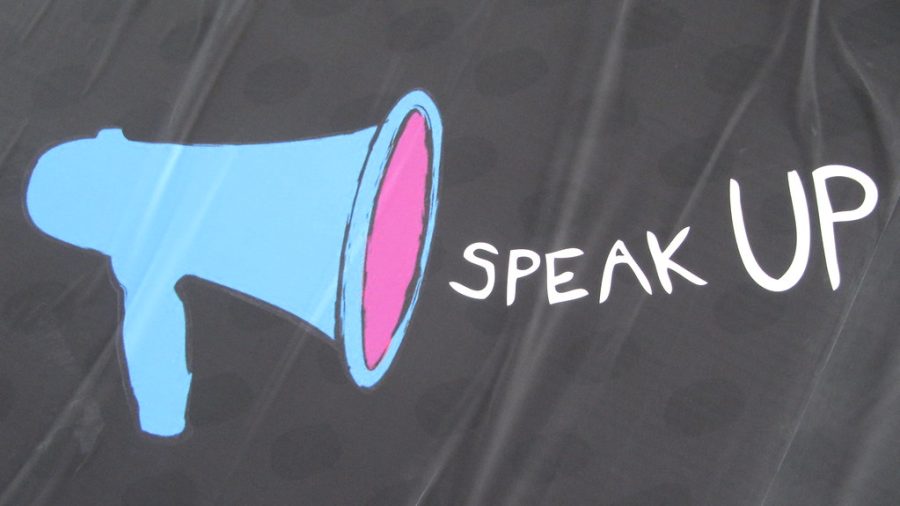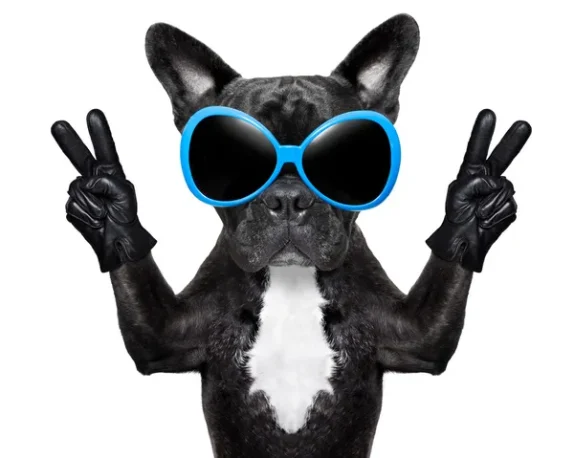Op-Ed: Racial Discrimination in Schools Follow-Up
April 5, 2022
In my last article I spoke about the racial discrimination that goes on at schools and how it affects black students. As I said, the use of racial slurs such as the “N-word,” commonly used among white students, is not okay. I know for a fact that I am not the only student that feels like this issue should neither be ignored nor taken lightly, so I asked two students, both seniors, to read my article and weigh in on its message. Shania Davis and Ella Bowes agreed to go on the record.
The African American student I interviewed is Shania Davis, who said, “To say the least, racism in this area is taken lightly. Non-black students are repeatedly using the N-word while they face zero repercussions.”
From what I’ve seen and heard, this is a true statement: Not one of the number of times I’ve heard racial slurs being tossed around have I seen something done about it. I’m not sure if this is because students are afraid to speak up, or if teachers feel that they can’t say anything, or if the lack of repercussions is simply because nobody cares enough to speak up. Davis went on to say, “When black students are called the N-word nothing happens. This article allows there to be light on this huge issue. Hopefully when students and teachers read it, it will open their eyes to what black students go through on a daily basis.”
This is exactly why I wrote this article. There needs to be light shed on this very real problem. The use of the “N-word” and other racial slurs should be taken seriously.
The white student I interviewed was Ella Bowes, who began by saying, “I feel this is an awful problem that starts far too early for black children especially in predominantly white areas like this one.”
Black students who attend predominantly white schools face racism from the very start. Even if those racial issues aren’t specifically the use of slurs, comments are too often made about the color of another student’s skin. I’ve heard jokes such as, “Where did Caliyah go?” when the lights are turned off, or “Hey, you blend in with that!” while pointing to a black object. These comments made by white students are hurtful and bother black students even if in the moment all they do is laugh it off.
Bowes said, “Black children should not have to fear going to school and white children should be taught about racism. Because if black children are old enough to experience racism, white children are old enough to learn. Education on racism is the only way to go in the direction of ending it.”
Lack of education on racism could certainly be the problem. Educating children on just slavery is not enough. Racism is still a huge issue and it should not be taught as if it only happened at one point in time. It’s time that we open our eyes and minds to this real problem. I refuse to continue silently tolerating it, and I don’t ever want my own children to come to me with this same problem when they are in school.
Unfortunately, racism is something that will always exist, but if we can begin to take it more seriously, and properly educate students on how present racism still is in America, then maybe future generations won’t experience it as often. All I want is to live in a world where the color of my skin is not a problem.





Aviyana • Apr 12, 2022 at 10:02 am
Caliyah Newsome, I agreed with you 100% and I’m glad that I’m not the only one who felt this way… You are a talented writer and spot on with this topic…
Caliyah • May 18, 2022 at 11:11 am
Thank you Aviyana!